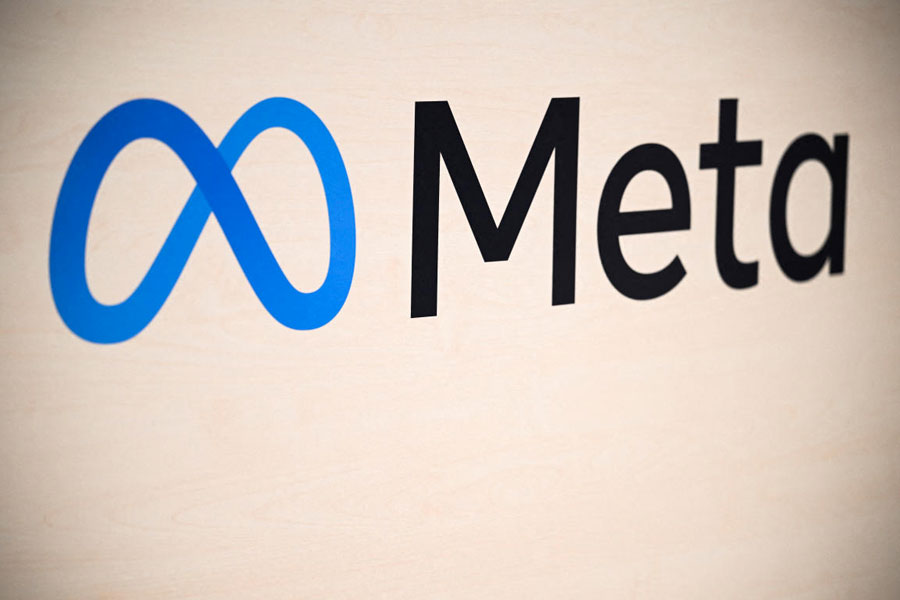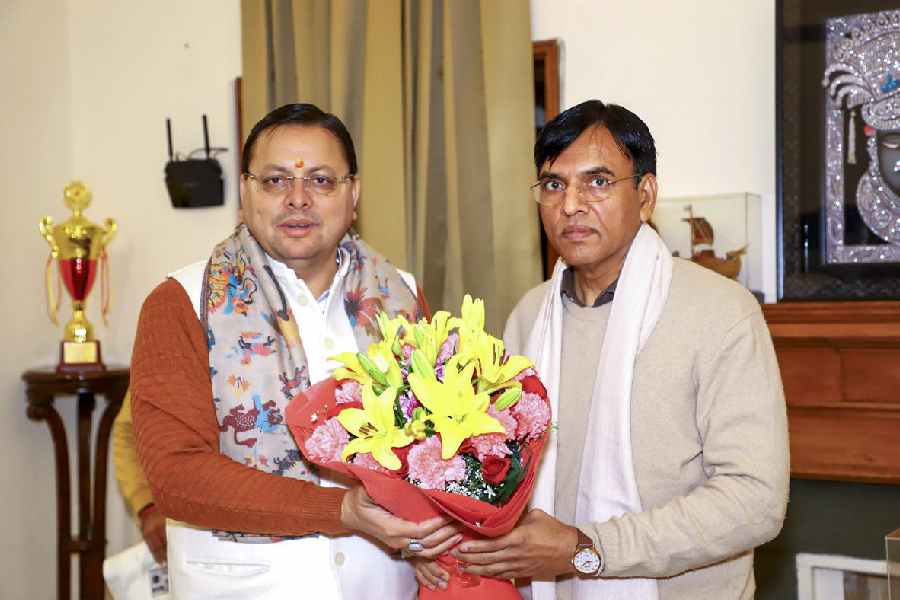The decision by Mark Zuckerberg, the boss of Meta, to end third-party fact-checking programmes across the company’s popular platforms — Facebook, Instagram and Threads — represents a dangerous reversal of hard-fought gains made in holding social media giants accountable for the veracity of what is published on their sites. By doing away with the gatekeepers of traditional media, social media had given a voice to everyone with a phone and the internet. That has made the global public square more lively, raucous and, by some measures, more free. But as social media has increasingly become the world’s biggest megaphone for the spread of information, its platforms have also been abused and misused by governments and individuals alike to spread disinformation and falsehoods to manipulate public opinion. That has led to actual violence, election interference, the deepening of social divisions and the poisoning of minds. It is against that backdrop that social media firms have come under pressure in recent years to take some responsibility for content on their platforms, including the introduction of fact-checking.
In pulling back from fact-checking, Meta has said it will instead adopt a mechanism known as community notes, which X, under the billionaire, Elon Musk, also follows. Meta has also said that it will ease up on content moderation when it comes to sensitive subjects. Community notes allow other users to share context that either calls out posts as false or adds nuance to what they claim. But regular social media users do not have the tools at the disposal of professional fact-checkers to robustly scrutinise posts. Mr Zuckerberg’s tilt towards Mr Musk’s approach is not limited to fact-checking: it is part of a broader shift by many of the world’s richest and most influential tech billionaires towards an embrace of Donald Trump, president-elect of the United States of America. Mr Musk is already a close ally of Mr Trump’s and is poised to take on a role in his administration. Mr Zuckerberg, too, has in recent months expressed regret for what the political Right has long accused social media firms of doing: censorship of its voice.
While it is possible to argue that these acts of tech billionaires are driven in part by business expediency — to stay on the right side of those coming to power — rather than by conviction, that does not reduce the threat this shift poses. The growing confluence of interests between powerful social media barons and politicians known to proactively peddle lies to further their interests marks a particularly dangerous moment for societies around the world. Globally, the Right has long waged a war on truth in the name of defending free speech. In India, social media posts have fuelled violent attacks on minorities and sharpened fissures in an already divided society. Now, the few guardrails in place to check this menace are being dismantled. Truth will lose out; hate and prejudice will get a boost.











